I’ve never been a big fan of New Year’s Resolutions. I understand the intention to start a new year with healthy goals, yet they rarely last longer than a couple of months for most individuals. Instead, I am personally more successful with season resolutions.
This year, as I toil away in the garden, my new garden resolution is to mulch more. My focus for the past few weeks has been on planting, planting, planting. Unfortunately, that means the weeds are taking over!
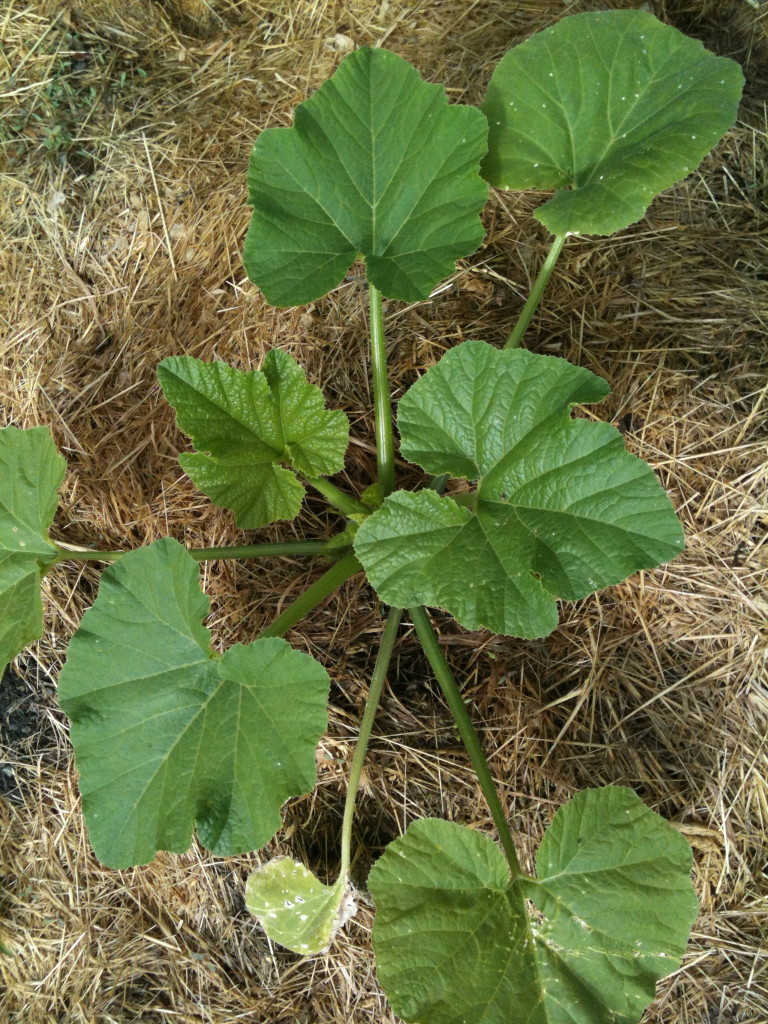
Mulch, mulch, mulch, but what kind? Instead of spending money on mulch, I am using grass clippings. I do use a push reel mower for parts of my yard (actually, my kids use it). For the larger yard, I use the gas mower with bag, then empty it around freshly weeded plants in the garden. As long as you only use organic fertilizers in your lawn, this will be beneficial to your garden.
Mulching with grass clippings also helps appease my eco-guilt a wee bit for the pollution my gas mower emits. According to the Environmental Protection Agency (EPA), gas mowers are responsible for five percent of United States air pollution. I need an electric one.
What are the benefits of mulching?
The benefits of mulching go beyond reducing weeds to greater root development and water conservation. Savvy Gardener explains:
Benefits of Mulching
- When applied correctly, mulch has the following beneficial effects on plants and soil:
- Mulches prevent loss of water from the soil by evaporation.
- Mulches reduce the growth of weeds, when the mulch material itself is weed-free and applied deeply enough to prevent weed germination or to smother existing weeds.
- Mulches keep the soil cooler in the summer and warmer in the winter, thus maintaining a more even soil temperature.
- Mulches prevent soil splashing, which not only stops erosion but keeps soil-borne diseases from splashing up onto the plants.
- Organic mulches can improve the soil structure. As the mulch decays, the material becomes topsoil. Decaying mulch also adds nutrients to the soil.
- Mulches prevent crusting of the soil surface, thus improving the absorption and movement of water into the soil.
- Mulches prevent the trunks of trees and shrubs from damage by lawn equipment.
- Mulches help prevent soil compaction.
- Mulches can add to the beauty of the landscape by providing a cover of uniform color and interesting texture to the surface.
- Mulched plants have more roots than plants that are not mulched, because mulched plants will produce additional roots in the mulch that surrounds them.
There are so many reasons to keep this new garden resolution to mulch, mulch, mulch. I am focusing on the large plants that are difficult to weed, such as squashes and melons, as I begin this resolution.
Actually, I prefer the term “intention” over “resolution”. It gives more focus and empowerment to my premeditation and actions in the garden this season.


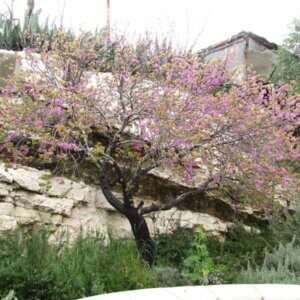

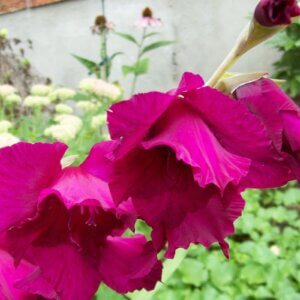

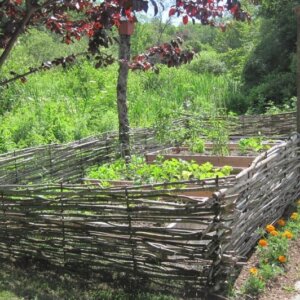
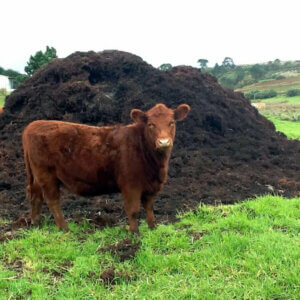


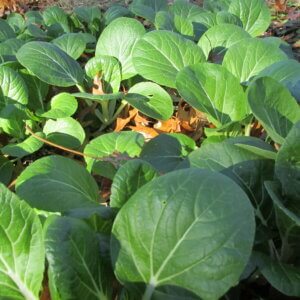

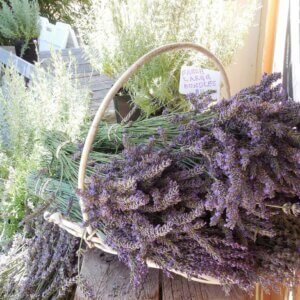
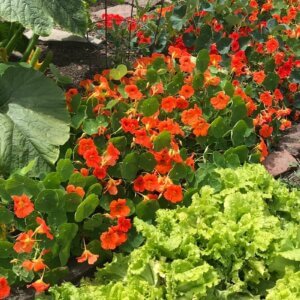
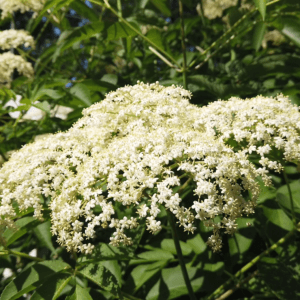

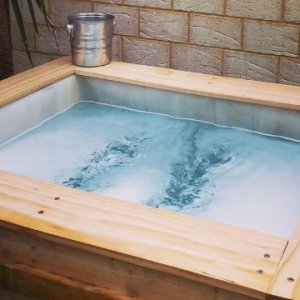


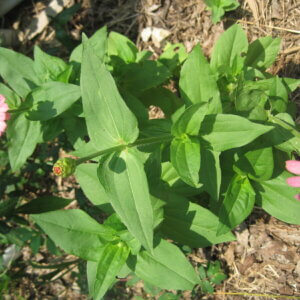
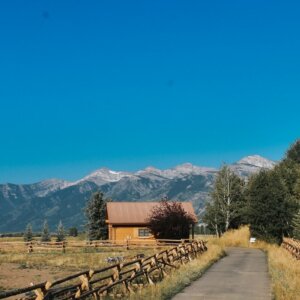
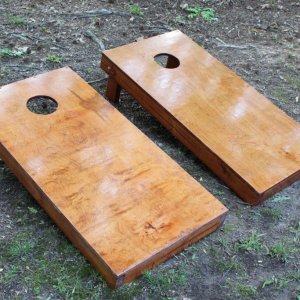


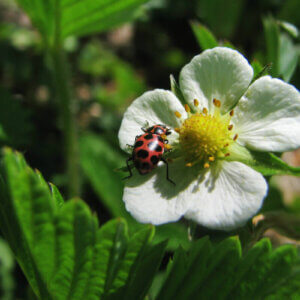
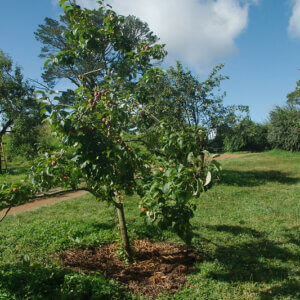

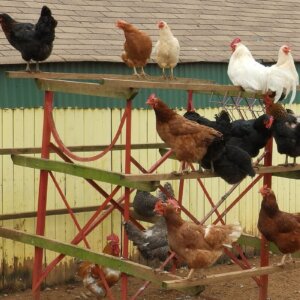


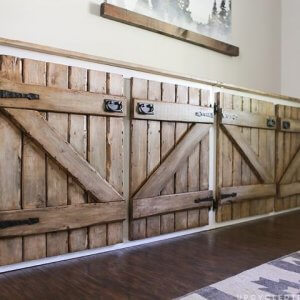
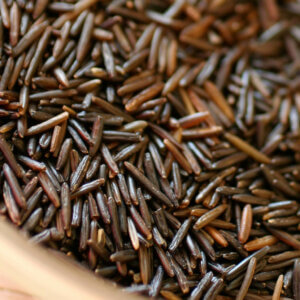


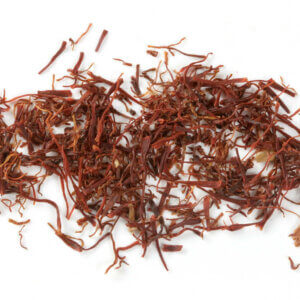



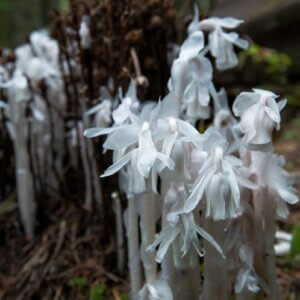
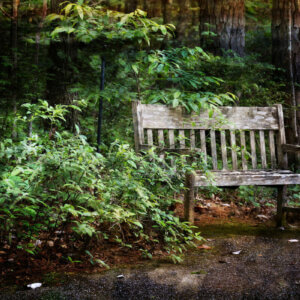

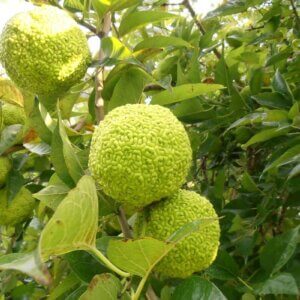
Leave a Reply